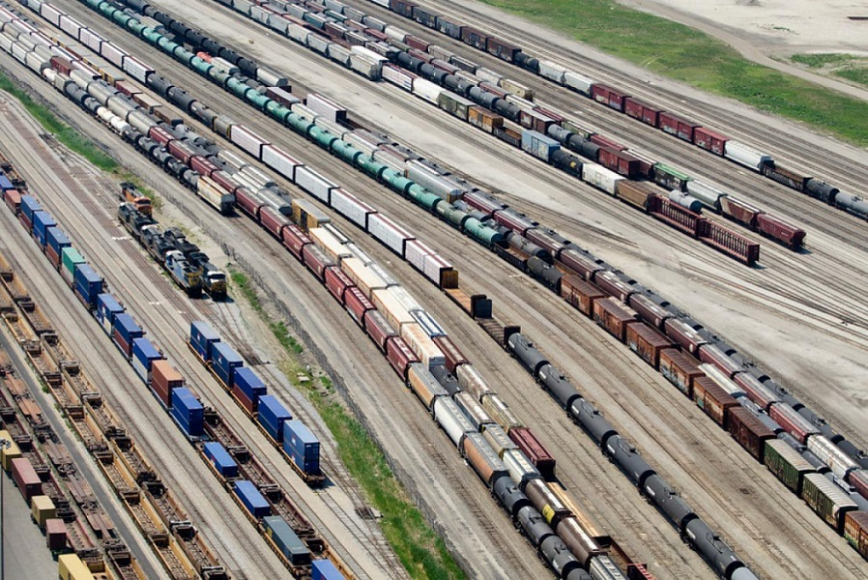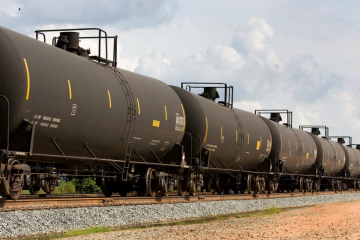What is an OSRP?
Comprehensive Oil Spill Response Plans (OSRPs) have been required for many years for containers with a capacity of 42,000 gallons or more. The goal of these comprehensive OSRPs was to detail specific response requirements in the event of a spill and ensure the transporter had plans and training in place to respond. Since a typical train tanker car only carries about 30,000 gallons, comprehensive OSRPs rarely applied to the rail industry until now.
PHMSA regulations (40 CFR 130.31) currently require basic OSRPs for containers carrying more than 3,500 gallons of crude oil. The new regulations (40 CFR 130.103 et seq) will require comprehensive plans for many trains where only basic plans were previously needed.
Location, Location, Location
While some routes and railroads may optionally comply with state and local regulations under the Interstate Commerce Commission Termination Act, many short line railways must be knowledgeable about local regulations that may affect their planning efforts. Even Class I’s, for whom compliance is not mandatory) may choose to comply anyway for reasons of reputation and public opinion in the areas where they haul liquid petroleum.
Let’s look at a few examples:
- Minnesota legislation implemented in July 2014 requires submission of disaster prevention plans by Class I’s and to provide local emergency response training every three years; railroad personnel must be available by phone within one hour and on-site within three hours of any accident.
- The North Dakota Industrial Commission adopted new conditioning standards in December 2014 to improve the safety of Bakken crude oil for transport. Order No. 25417 set operating standards for conditioning equipment to properly separate production fluids.
- California has developed a state level program requiring rail lines that carry crude to develop local response plans protective of the state’s sensitive environmental resources and public health. In particular the California program focuses on potential impacts to waterways, an especially vital resource during their time of drought.
- The new program in Washington state requires draft plans by Jan 2017. Washington’s program builds on many of the basic elements of the California program but also requires rail lines to have specialists in wildlife response and recovery included in the planning efforts and exercises.
Other states like Pennsylvania and Maryland are considering additional requirements their efforts are ongoing at this time, and more states could follow. Antea Group’s network of experts will continue to monitor additional regulations as they arise. Due to the public’s sensitivity to the transport of crude oil by rail, it is likely that more state and local governments will review these issues.
Need help?
Using our team of professionals across the United States, we can advise our clients on local and state regulations that may impact their response planning. With local staff familiar with these and other state requirements, the Antea Group is proud to be your planning partner. Contact us today for more information, or read more about our OSRP and other railroad services.
Want more news and insights like this?
Sign up for our monthly e-newsletter, The New Leaf. Our goal is to keep you updated, educated and even a bit entertained as it relates to all things EHS and sustainability.
Get e-NewsletterHave any questions?
Contact us to discuss your environment, health, safety and sustainability needs today.




